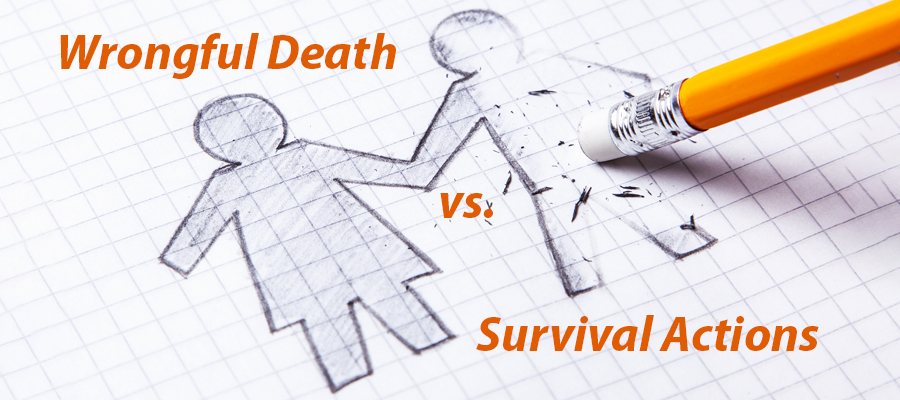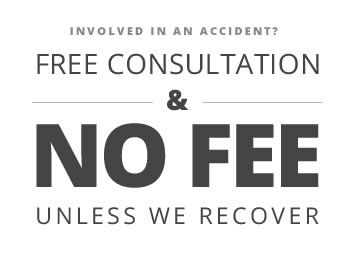Personal injury accidents are among the top cause of injuries in Maryland and across the US, but data reveals that some of these incidents are so catastrophic that they are fatal. The US Centers for Disease Control and Prevention (CDC) reports that almost 201,000 people are killed because of unintentional injuries every year, making accidents the fourth leading cause of death nationwide. For surviving loved ones, the grief is overwhelming and the emotional toll is devastating. However, once you realize the full extent of your losses, you may wonder about your legal options under Maryland law.
There are two remedies available after someone dies because of the negligence of another person — wrongful death and survival actions. Though they arise out of the same incident, they are different proceedings and distinct rules apply. A Baltimore County wrongful death lawyer can guide you through the process for both types of claims, but you may benefit from reviewing some background information.
Two Remedies, Same Fatal Accident
In any personal injury case based upon negligence, you must first prove the essential elements. You need evidence showing that the decedent was killed because the at-fault party failed to exercise reasonable care, such as while driving, operating a business, or managing property. When you have sufficient proof to meet this burden, there are two remedies available:
- Wrongful Death: This claim is brought by the deceased person’s relatives to recover monetary damages for the losses they sustain, as separate from the victim. The surviving spouse, children, and parents have standing to sue. Damages in a wrongful death claim aim to compensate for loss of consortium, education, support, guidance, and love.
- Survival Actions: The terminology may sound confusing, but “survival” refers to the fact that the decedent has rights that survive after his or her death. A survival action is the legal remedy to recover compensation for losses that the victim suffered. The deceased personal representative will pursue this type of claim on behalf of the estate, often seeking amounts for funeral costs and expenses related to the victim’s last medical treatment.
Steps in the Legal Process
There is an insurance company involved in most personal injury cases, including those based upon fatal accidents. Motorists, businesses, and property owners carry liability insurance to cover these incidents, so you will file a claim with the insurer. It may be possible to settle for a fair amount, but insurance companies are in business to make a profit. Your claim represents a loss, so you might receive a denial or low counteroffer. The next step is taking your case to court.
Trust a Baltimore County, MD Wrongful Death Attorney to Advise You
This information explaining survival actions and wrongful death claims is useful, but it is smart to rely on an experienced lawyer for assistance with your remedies. For additional details, please contact Michael A. Freedman at 410.363.6848 or via our website. We can set up a no-cost case review at our offices in Owings Mills or Glen Burnie, MD to discuss your options.



